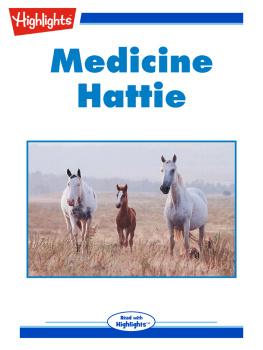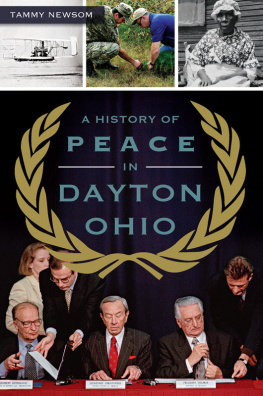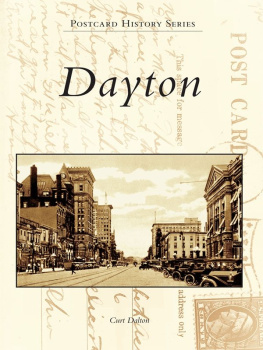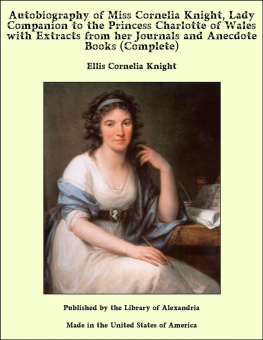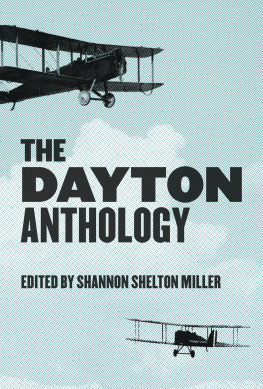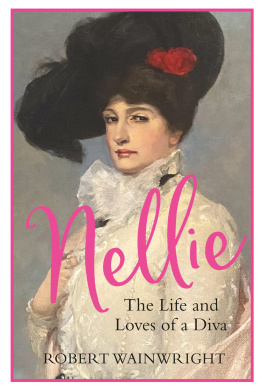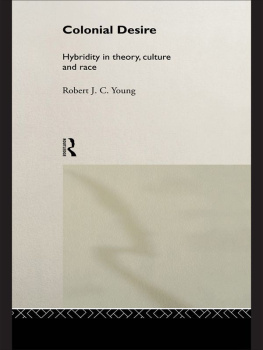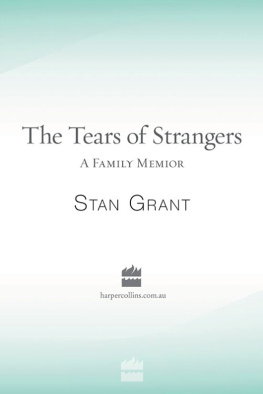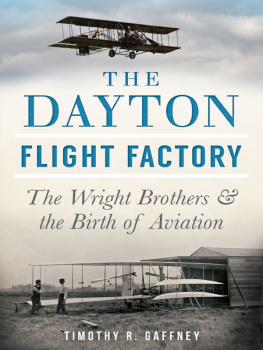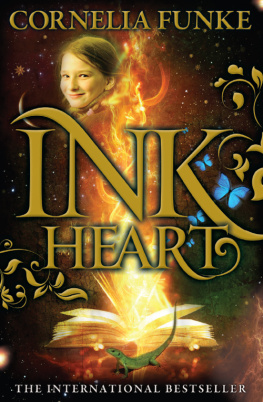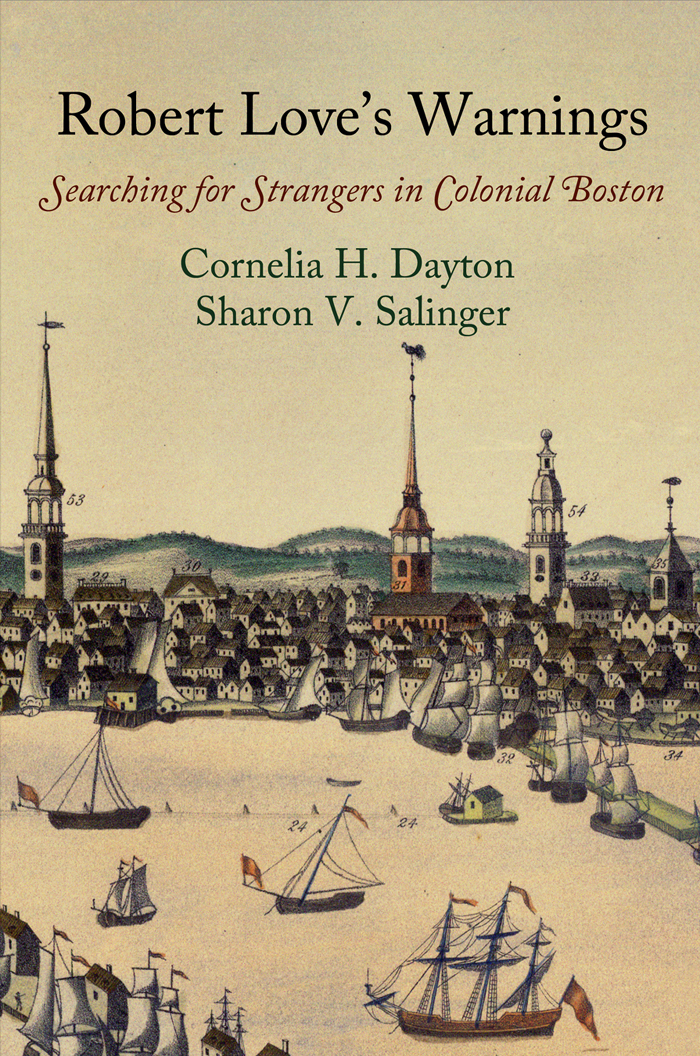Robert Loves Warnings
EARLY AMERICAN STUDIES
Series editors:
Daniel K. Richter, Kathleen M. Brown,
Max Cavitch, and David Waldstreicher
Exploring neglected aspects of our colonial,
revolutionary, and early national history and culture,
Early American Studies reinterprets familiar themes
and events in fresh ways. Interdisciplinary in character,
and with a special emphasis on the period from about
1600 to 1850, the series is published in partnership with
the McNeil Center for Early American Studies.
A complete list of books in the series
is available from the publisher.
Robert Loves
WARNINGS

SEARCHING FOR STRANGERS
IN COLONIAL BOSTON
Cornelia H. Dayton
and Sharon V. Salinger

UNIVERSITY OF PENNSYLVANIA PRESS
PHILADELPHIA
Copyright 2014 University of Pennsylvania Press
All rights reserved. Except for brief quotations used
for purposes of review or scholarly citation, none of this
book may be reproduced in any form by any means without
written permission from the publisher.
Published by
University of Pennsylvania Press
Philadelphia, Pennsylvania 19104-4112
www.upenn.edu/pennpress
Printed in the United States of America
on acid-free paper
1 3 5 7 9 10 8 6 4 2
Library of Congress Cataloging-in-Publication Data
Dayton, Cornelia Hughes.
Robert Loves warnings : searching for strangers in colonial Boston /
Cornelia H. Dayton and Sharon V. Salinger.1st ed.
p. cm.(Early American studies)
Includes bibliographical references and index.
ISBN 978-0-8122-4593-6 (hardcover : alk. paper)
1. Boston (Mass.)HistoryColonial period, ca. 16001775.
2. Warning out (Law). 3. StrangersMassachusetts
BostonHistory18th century. 4. Migration,
InternalMassachusettsBostonHistory18th century.
5. Boston (Mass.)Social conditions18th century. 6. Love, Robert,
1696 or 1697-1774. I. Salinger, Sharon V. (Sharon Vineberg).
II. Title. III. Series: Early American studies.
F73.4.D39 2014
974.46102dc23
2013041216
Endsheets: William Price, A New Plan of ye Great Town
of Boston in New England in America, with the many
additional buildings, and new streets, to the year 1769
(Boston: 1769).
Map image courtesy of the Norman B. Leventhal Map Center
at the Boston Public Library.
To our friends and mentors
Gary B. Nash and Stanley N. Katz
and to the memory of
Alfred F. Young
CONTENTS

Appendix A.
Traveling Parties and Locations They Were Last From
Appendix B.
Sources for Robert Loves Warning Records, by Date

Prologue
A Walking Day
Late in the morning of Wednesday, July 9, 1766, Robert Love pushed his chair back from his mahogany desk; tucked notepaper, quill, and inkwell into the pouch attached to his belt; and stuck his head outside to assess when the approaching thunderstorm might arrive. Deciding to delay no longer, he put on his hat; alerted his wife, Rachel, that he was heading out on his rounds; and stepped out of his house into the shadow of the Hollis Street Church.
For the past eighteen months, Love had walked the streets of Boston a few days each week to warn strangers. Now in his sixties, he had recently been hired by the town to visit all such Houses & Families as he apprehends Entertains Inmates or Strangers. On this particular summer day, Love intended to call first on housewright Joseph Scott, who lived a few blocks to the south. He knew that Scott often boarded apprentices and employees.
As Love rounded the corner onto Orange Street, he nearly collided with Patrick Bonner, a lame and almost blind stranger. Bonner was plodding slowly north, begging as he went, with a written brief hung around his neck explaining his circumstances. Love called to Bonner to approach so that he might ask a series of questions. The stranger reported that he had arrived the previous day, having come all the way on foot from Londonderry in New Hampshire, and that he had no regular place of residence. Love wrote down the information and then verbally warned Bonner, in his Majestys name, to depart the town in fourteen days.
Love continued south, covering the two short blocks from Hollis to Pleasant Street and turned right toward the commodious house owned by Scott. Eighteen months earlier, the man had gone bankrupt, but now his affairs were in order. Love rapped loudly on the door and was greeted by Ann Scott, Josephs wife. Love was a frequent caller and did not need to explain his errand. Ushered into the parlor, he waited until the households new lodger, David Hunt, appeared. The young man answered Loves queries readilyhe had been in Boston since early May, had come directly from his hometown of Tewksbury, and was learning the housewright trade with Mr. Scott. After his training, he intended to return home to his family. Love recorded the information and pronounced the verbal warning.
By the time Love left the Scotts, it was approaching noon, and the day had become unbearably hot. He had developed a powerful thirst and appetite. Because his perambulations through Boston on this day would include a visit to the almshouse, located west of the town center, he set his sights on the Horseshoe tavern, at the corner of Common and School Streets. He headed north on Clough Street, crossed Frog Lane onto Common Street, and followed the east edge of the town common northward. The most remarkable features on the landscape were the three hills that rose to the west.
Love took a right turn on School Street, passed a few storefronts, and entered the Horseshoe. He nodded at acquaintances, ate a bit of bread and cheese washed down with a pint of ale, and, before leaving, consulted with the tavern keeper and patrons about whether they knew of any recent arrivals to town. At the tavern doorstep, he turned left, crossed Long Acre, and continued on to Beacon Street, pausing momentarily at Johonnots distillery to establish a delivery date for his liquor supply. The selectmen had recently granted Love a retailers license that allowed him to sell small quantities of liquor from his house. From the distillery, it was a few steps to the northeast corner of the Common, which housed the almshouse, workhouse, bridewell (house of correction), and public granary. Love passed through the gate in the fence that surrounded the almshouse and knocked on the door of the main building to enquire of the keeper, Samuel Proctor, if strangers had recently been admitted who had not yet been warned. Proctor reassured Love that no stranger had been taken in since his last visit.
Skirting the Trimountain area, Love continued north on Tremont Street and bore right on Hanover Street, which took him into the North End, where he planned to call on Sarah King. Kings husband, a boat builder, had died in 1757, leaving behind a minimum of household possessions. Since then, widow King had earned income by taking in lodgers. For Love, the visit was productive. He warned two parties. George Beatty, a silversmith, and his wife, Nancy, had arrived four days earlier with Captain James Scott in the brigantine Lydia from London. Love knew Beatty. He had warned him the previous year, when the man was visiting for a few months to scout out his prospects for settling in Boston. Love also interviewed Peter Rose, a shoemaker, who had arrived on the same brig with the Beattys. With warnings delivered and notes written, Love bid good day, donned his hat, and continued his perambulation.


